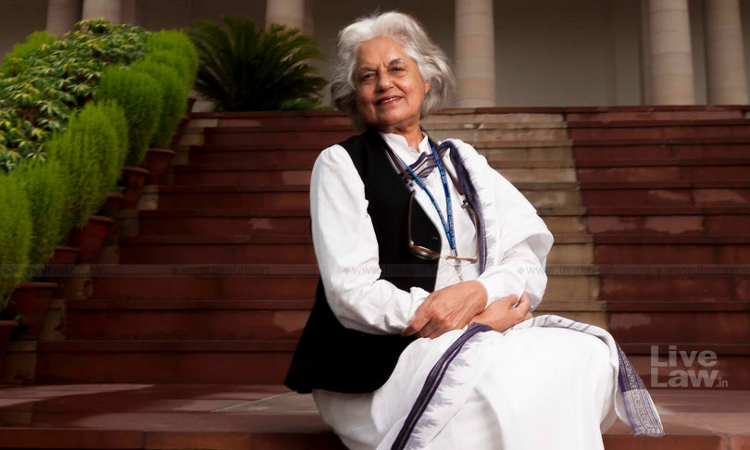This Govt. Uses Law To Defeat The Law Resulting In A State of Lawlessness: Senior Advocate Indira Jaising
Mehal Jain
21 March 2021 8:25 PM IST

"The defining moment of the present situation is that this government uses law to defeat the law, resulting in a state of lawlessness. When a democracy fails, our courts also fail us", stated Ms Jaising.
Next Story


